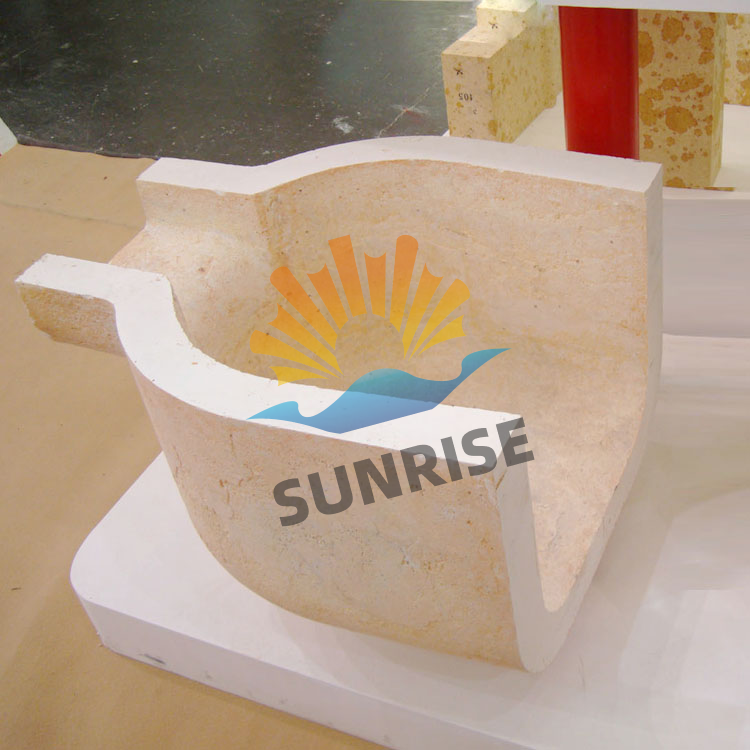.jpg?x-oss-process=image/resize,h_1000,m_lfit/format,webp)
Industrial equipment in high-temperature environments faces constant challenges from corrosion, thermal stress, and mechanical wear. These issues not only reduce the lifespan of critical components but also impact product quality and operational efficiency. For one leading glass manufacturer, the solution came in the form of sillimanite refractory bricks, which transformed their production process and significantly improved overall performance.
Founded over two decades ago, this company has been a key player in the glass manufacturing industry, supplying high-quality products to clients across multiple continents. However, as production demands increased, the company encountered recurring problems with its furnace linings. Traditional refractory materials were failing under extreme temperatures, leading to frequent repairs, downtime, and inconsistent product quality.
Sillimanite refractory bricks are known for their exceptional resistance to high temperatures and chemical corrosion. Made from natural sillimanite minerals, these bricks have a unique mineral structure that allows them to maintain structural integrity even at temperatures exceeding 1600°C. Their composition includes a high percentage of alumina (Al₂O₃), which enhances thermal stability and reduces the risk of deformation.
Key performance parameters of sillimanite refractory bricks include:
| Property | Value |
|---|---|
| Max. Operating Temperature | 1650°C |
| Thermal Conductivity | 1.2 W/m·K |
| Compressive Strength | 40 MPa |
| Porosity | 18% |
The company decided to replace its traditional refractory materials with sillimanite bricks in its primary glass melting furnace. The results were remarkable. After installation, the furnace lining showed no signs of degradation for over 18 months—far exceeding the previous lifespan of 6–8 months with conventional bricks.
Moreover, the new material significantly reduced energy consumption by maintaining a more stable thermal environment within the furnace. This led to a 12% reduction in fuel costs and a 15% improvement in product consistency. The company also reported fewer maintenance interruptions, allowing for continuous production and higher output volumes.
.jpg)
The implementation of sillimanite refractory bricks had a direct and measurable impact on the company’s bottom line. With less downtime and better product quality, the company was able to meet customer demands more efficiently and improve its market reputation. Over the next year, the company saw a 20% increase in orders and expanded its operations to three new international markets.
“Since we switched to sillimanite bricks, our furnace performance has never been better,” said the plant manager. “Not only do we save money on maintenance, but our customers are also noticing the difference in quality.”
.jpg)
In today’s competitive industrial landscape, selecting the right refractory materials is crucial for long-term success. Sillimanite refractory bricks offer a combination of durability, thermal efficiency, and cost-effectiveness that makes them an ideal choice for industries operating in harsh environments. Whether you’re working with glass furnaces, steelmaking kilns, or cement plants, these bricks provide a reliable solution that supports both operational goals and sustainability efforts.
With proven performance, consistent quality, and a track record of success, sillimanite refractory bricks are helping manufacturers around the world achieve greater efficiency and profitability.

If your business is looking for a trusted partner to enhance the performance of your industrial equipment, consider integrating sillimanite refractory bricks into your production process. Don’t miss out on the opportunity to improve efficiency, reduce costs, and stay ahead of the competition.
Discover More About Sillimanite Refractory Bricks

